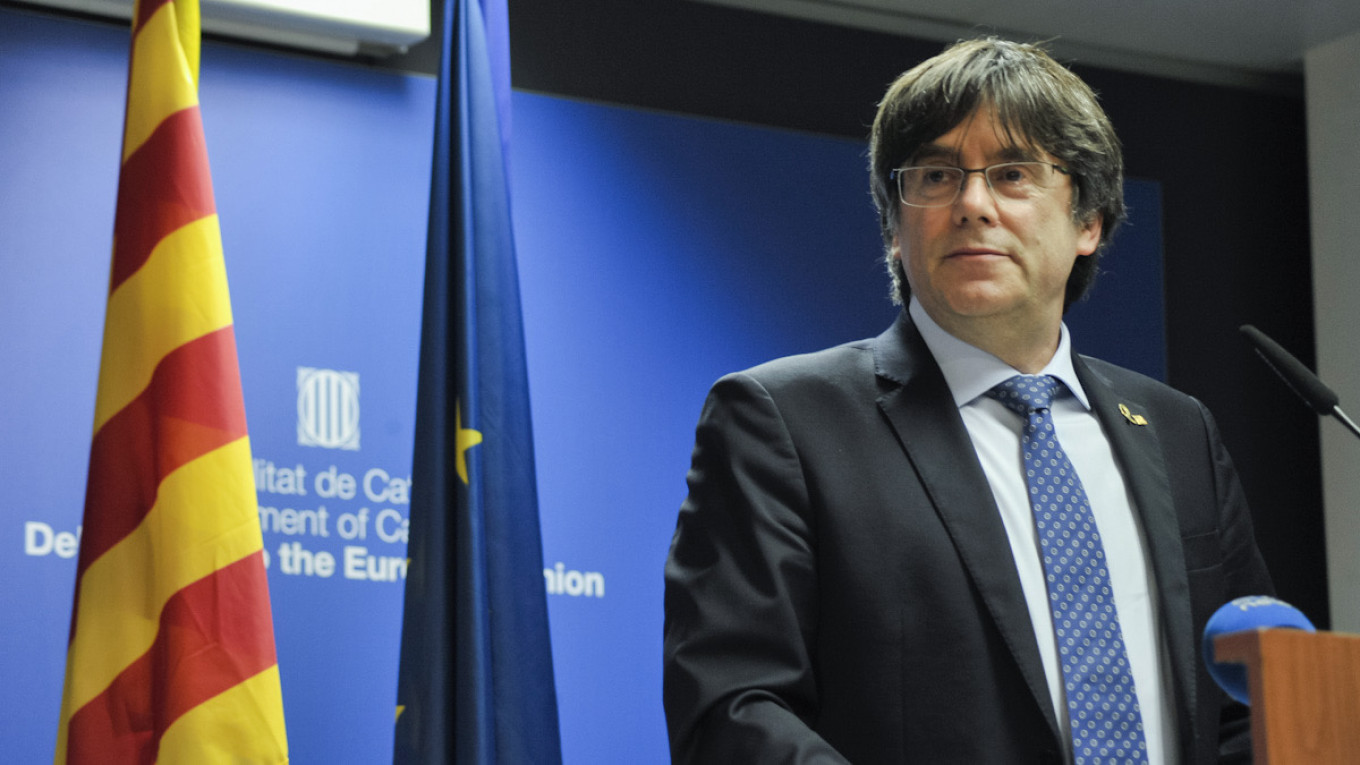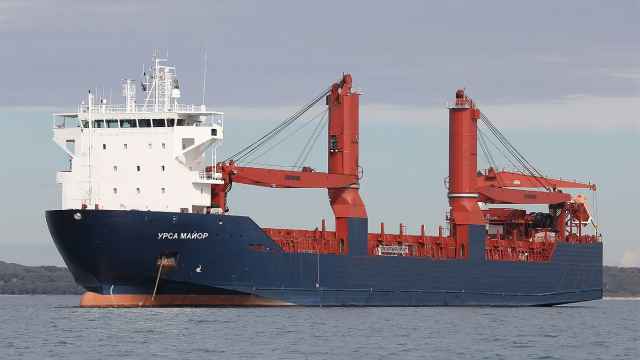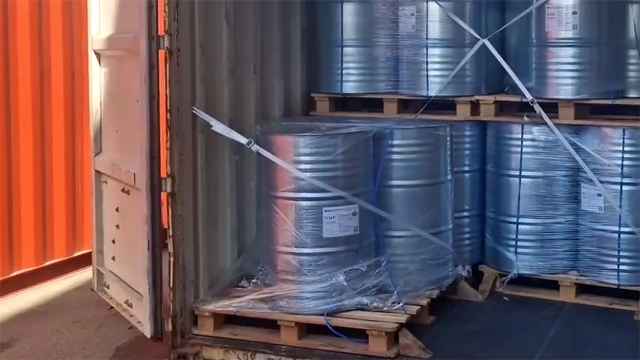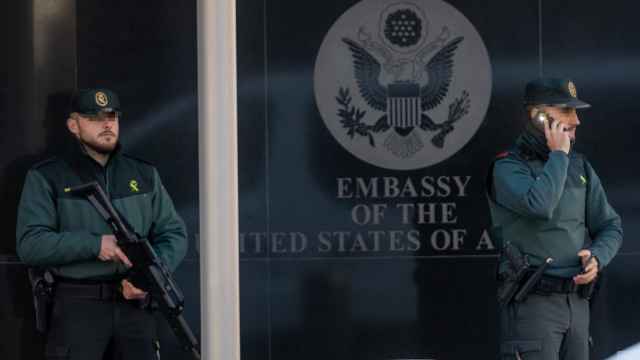Alleged Russian agents offered to send 10,000 soldiers to Catalonia during its failed bid for independence from Spain in 2017, Spanish and European media reported Wednesday.
The claims are based on audio recordings from one of the 21 Catalan businessmen detained this week on suspicion of corruption and incitement of public disorder, according to Politico Europe. A Barcelona judge probing links between the failed separatist bid and Russia reportedly said he believes then-Catalan leader Carles Puigdemont had declined the Russian offer of military aid.
“Had he accepted, the developments would have probably been tragic and would have unleashed an armed conflict with the state with an unknown number of deaths,” judge Joaquín Aguirre was quoted as saying.
The news outlets did not identify the Russian agents, noting only that they were members of a group “created during [former Soviet leader] Mikhail Gorbachev’s era.”
According to the Associated Press, the wide-ranging probe targets alleged mismanagement of public funds and an alleged Russian-backed disinformation campaign aimed at discrediting Spain. It reported that the Russian offer of military aid was “apparently to help in a theoretical armed conflict with Spanish authorities.”
Spain, which declared Catalonia’s independence referendum illegal and imprisoned several separatist leaders, accused Russia of interference. Moscow rejected the claims.
Russia’s Embassy in Madrid responded to the latest report of military aid with a sardonic statement that the information is “incomplete.”
“You need to add two zeros to the number of soldiers,” it said.
“The most shocking part of this plot is that the troops had to be transported by the [early Soviet-era] planes ‘Mosca’ and ‘Chato’ assembled in Catalonia during the Civil War and hidden in a safe place in the Catalan range,” it added.
A Message from The Moscow Times:
Dear readers,
We are facing unprecedented challenges. Russia's Prosecutor General's Office has designated The Moscow Times as an "undesirable" organization, criminalizing our work and putting our staff at risk of prosecution. This follows our earlier unjust labeling as a "foreign agent."
These actions are direct attempts to silence independent journalism in Russia. The authorities claim our work "discredits the decisions of the Russian leadership." We see things differently: we strive to provide accurate, unbiased reporting on Russia.
We, the journalists of The Moscow Times, refuse to be silenced. But to continue our work, we need your help.
Your support, no matter how small, makes a world of difference. If you can, please support us monthly starting from just $2. It's quick to set up, and every contribution makes a significant impact.
By supporting The Moscow Times, you're defending open, independent journalism in the face of repression. Thank you for standing with us.
Remind me later.






